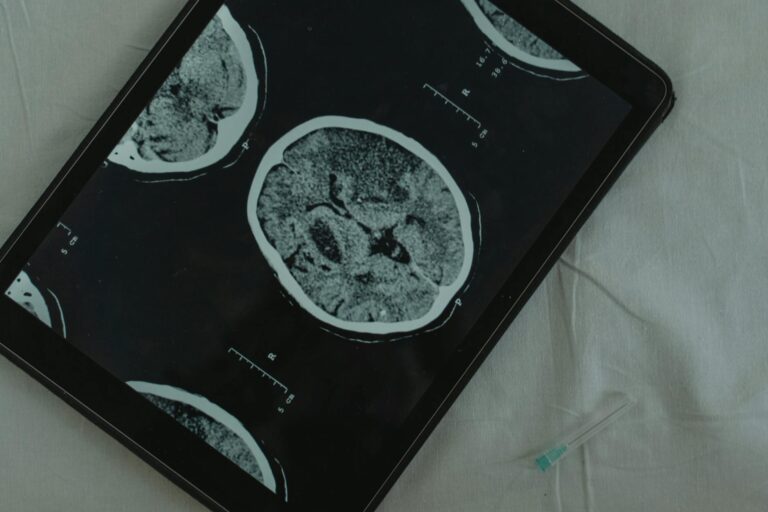Head trauma, often resulting from accidents or sports injuries, has been linked to an increased risk of developing dementia later in life. This connection has puzzled scientists for years, as they try to understand how head injuries might influence the brain’s aging process.
### What is Head Trauma?
Head trauma, also known as traumatic brain injury (TBI), occurs when an external force impacts the head, potentially causing damage to the brain. The severity of TBI can range from mild concussions to more serious injuries involving loss of consciousness and lasting neurological problems.
### Dementia and Alzheimer’s Disease
Dementia is a general term for a decline in mental ability severe enough to interfere with daily life. Alzheimer’s disease is the most common cause of dementia, characterized by the buildup of specific proteins in the brain: amyloid-beta and tau. These proteins can disrupt communication between brain cells and lead to the death of brain cells.
### The Connection Between Head Trauma and Dementia
Scientists have observed that people with a history of head trauma seem to have a higher risk of developing dementia later in life. However, the exact biological reasons for this link have remained unclear. Recent studies have focused on understanding how head trauma might affect the buildup and interaction of amyloid-beta and tau proteins in the brain.
### New Insights
A recent study published in Brain Communications shed light on how head trauma might influence Alzheimer’s pathology. Researchers found that while head trauma did not lead to an overall increase in amyloid-beta and tau proteins, it did change where these proteins were deposited and how they interacted with each other. This suggests that head injuries could lead to unique patterns of brain aging that differ from typical Alzheimer’s disease.
In individuals with a history of head trauma, the relationship between amyloid-beta and tau proteins was different compared to those with Alzheimer’s disease. Specifically, these proteins were more concentrated in brain regions typically affected by head trauma, such as the frontal and parietal lobes, rather than in the temporal regions, which are more commonly related to early Alzheimer’s disease.
### Implications and Future Research
Understanding the connection between head trauma and dementia is crucial for developing effective prevention and treatment strategies. While the current study provides valuable insights, it highlights the need for future research with larger groups to confirm these findings. Additionally, tracking how the relationship between head trauma and amyloid-beta and tau proteins develops over time could provide further clarity on the mechanisms involved.
In conclusion, head trauma may not only increase the risk of dementia but also alter the brain’s aging process in unique ways. Further research is necessary to fully understand these changes and how they might be addressed to prevent or mitigate dementia in individuals with a history of head trauma.





